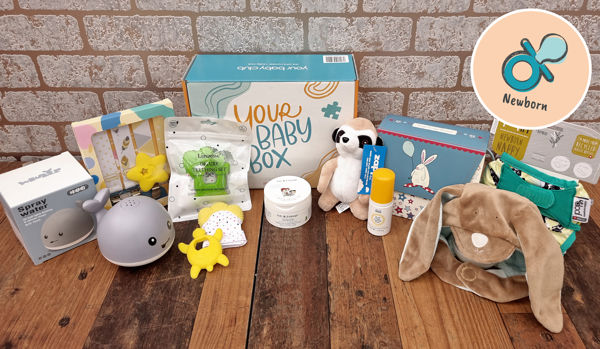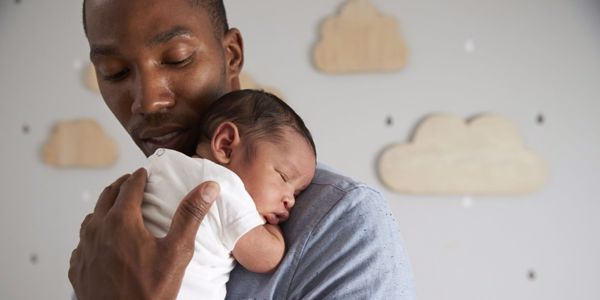Chances are, you will have heard about sleep deprivation from friends/family/mum groups.
You're either now dreading it or have a great story to tell about how your perfect little sleeper was replaced overnight, possibly by aliens, with one that suddenly DOESN'T SLEEP.
You may be thinking, what has changed and why aren’t they sleeping as they did before?
Well, their sleep cycles are changing. Newborns typically sleep in a more constant state (active sleep), but your baby is now starting to go through different stages of sleep, known as sleep regression. This typically happens around four months old, and the drastic change in your baby's sleep patterns will be sure to let you know when you're in the period.
Babies at this age are also starting to become more aware of the world around them, making it harder to relax and fall asleep.
So, What Are the Signs They are Going Through Sleep Regression?
Well, an obvious one is a disruption in their sleep patterns.
Suddenly you have a baby on your hands that isn't sleeping well, and their sleep habits are completely different. Maybe your baby suddenly starts crying and they're fighting sleep or experiencing frequent night waking, putting their usual bedtime routine fly out the window.
No matter what you’re trying, your usual soothing methods don’t seem to be working. ARRGGGHHH!
Here are some symptoms to look out for to help you identify sleep regression:
-
Your baby experiences difficulty falling asleep
-
You notice that they're asleep for a lot less time throughout the day
-
They're crying more frequently once woken up
-
They're awake more frequently at night
How Can You Help Your Little One?
Initially, the best advice I can give you is to do whatever you can. Continue to follow guidelines for safe sleep, and try not to worry about sleep associations and your child's sleep patterns before this time. Luckily, the period of sleep regression is usually just short-term.
If you decide to co-sleep, ensure you follow the Safer Sleep Guidelines on the Lullaby Trust website.
Stay as close to your routine as you can and wait for this time (and your baby's development) to go through the changes. It may feel like an eternity whilst you are in the period of sleep regression, but just remember, that this too shall pass and your baby's sleep troubles will return back to normal.
Focus on Wake Windows where possible as this will help prevent over-tiredness. As a reminder, a Wake Window is the length of time a baby can be awake before they need to sleep again. Wake windows change as the day progresses and are typically shorter in the morning and longer in the afternoon. At this age, they are anywhere between 60-90 minutes.
Try to put your baby to bed when they are sleepy, or drowsy but not fully asleep. This is a great time to start their bedtime routine and can get them used to having to fall asleep on their own.
How Long Does the Sleep Regression Tend to Last?
Generally speaking, the period of sleep regression lasts a few weeks and then it passes.
If it goes on for longer, then it'll be about us exploring other options which are causing the sleep challenges.
Sleep disruptions are quite often the symptom of something else, not the cause.
Just remember, it'll be over before you know it and you'll (hopefully) have a peaceful night's sleep soon.







